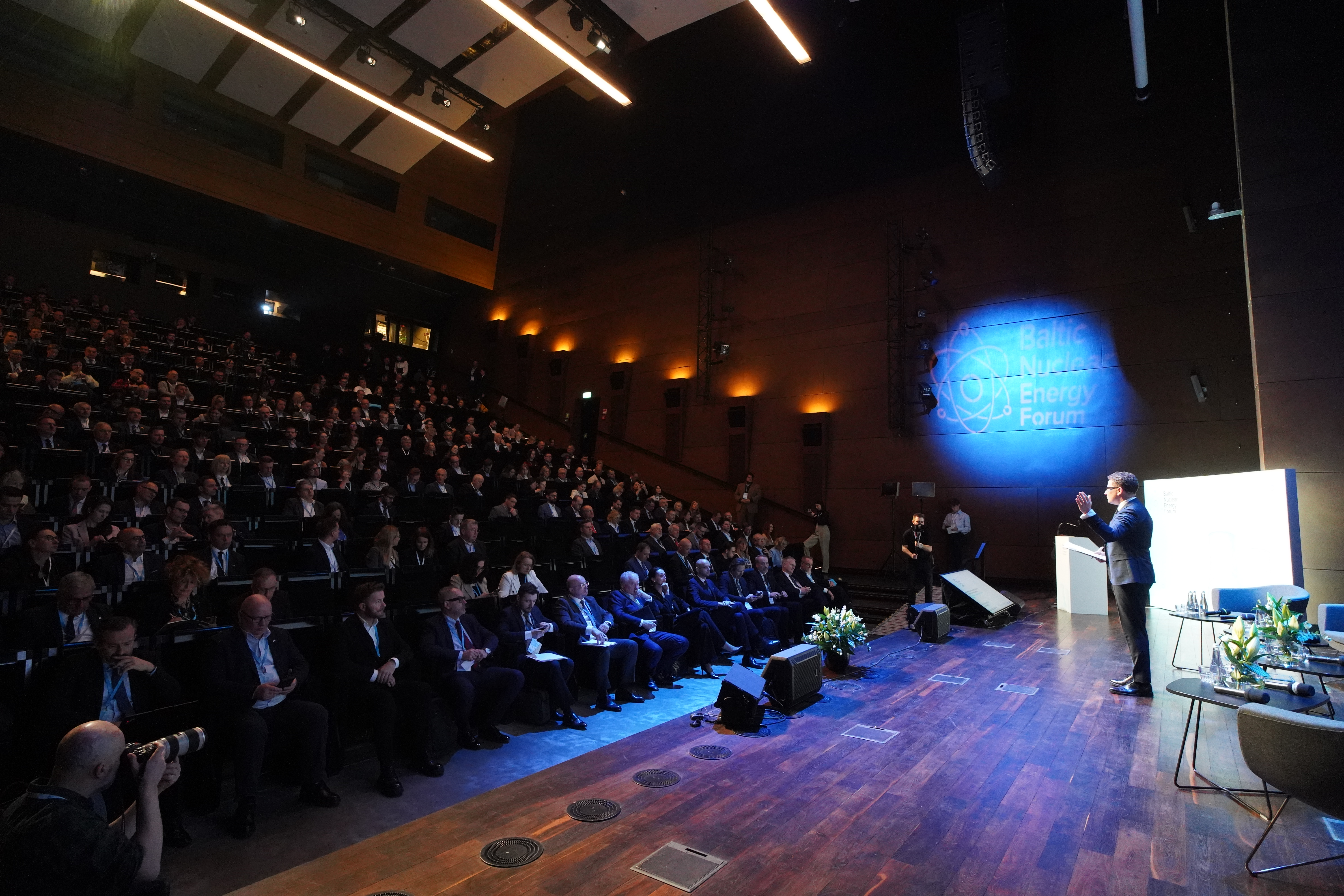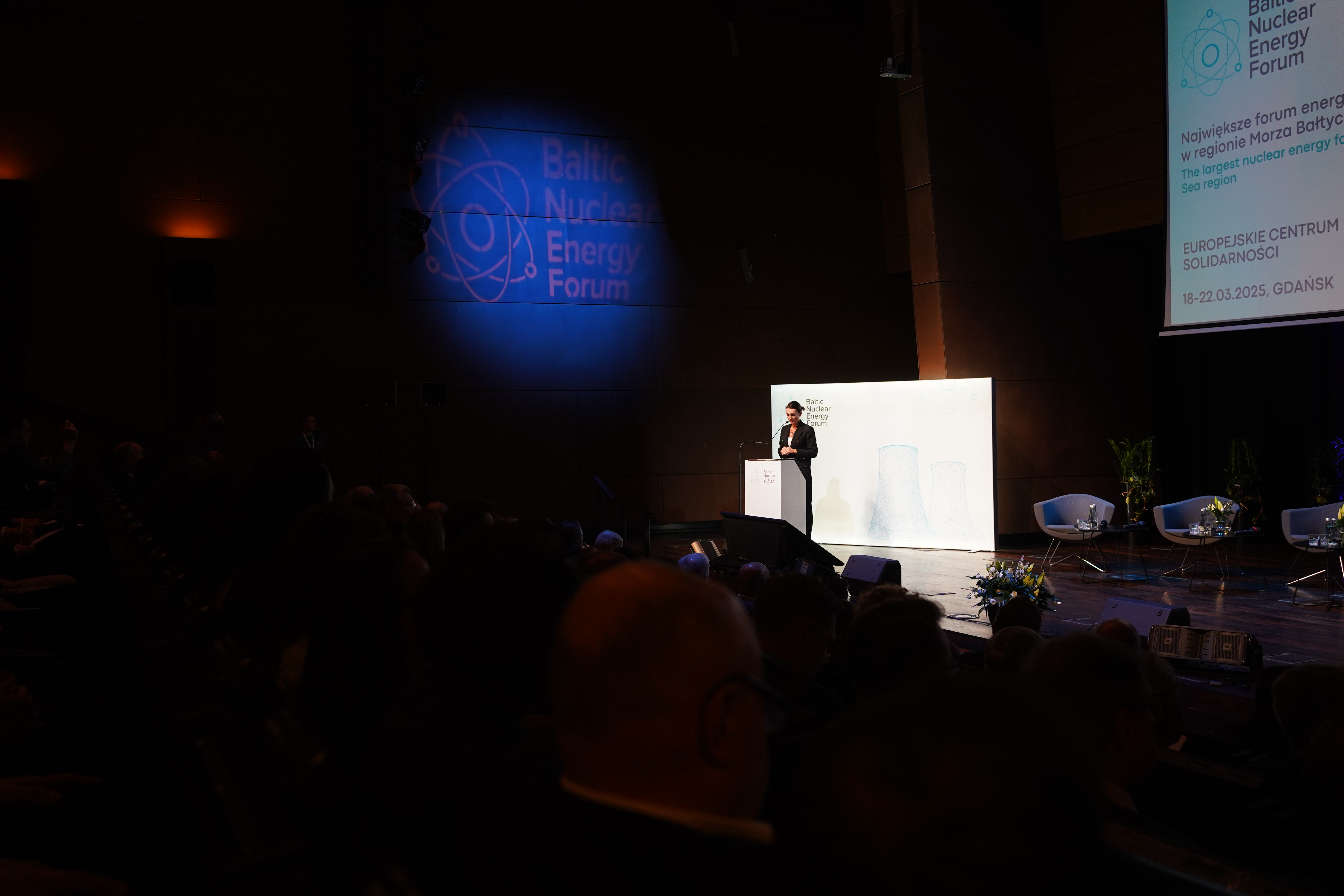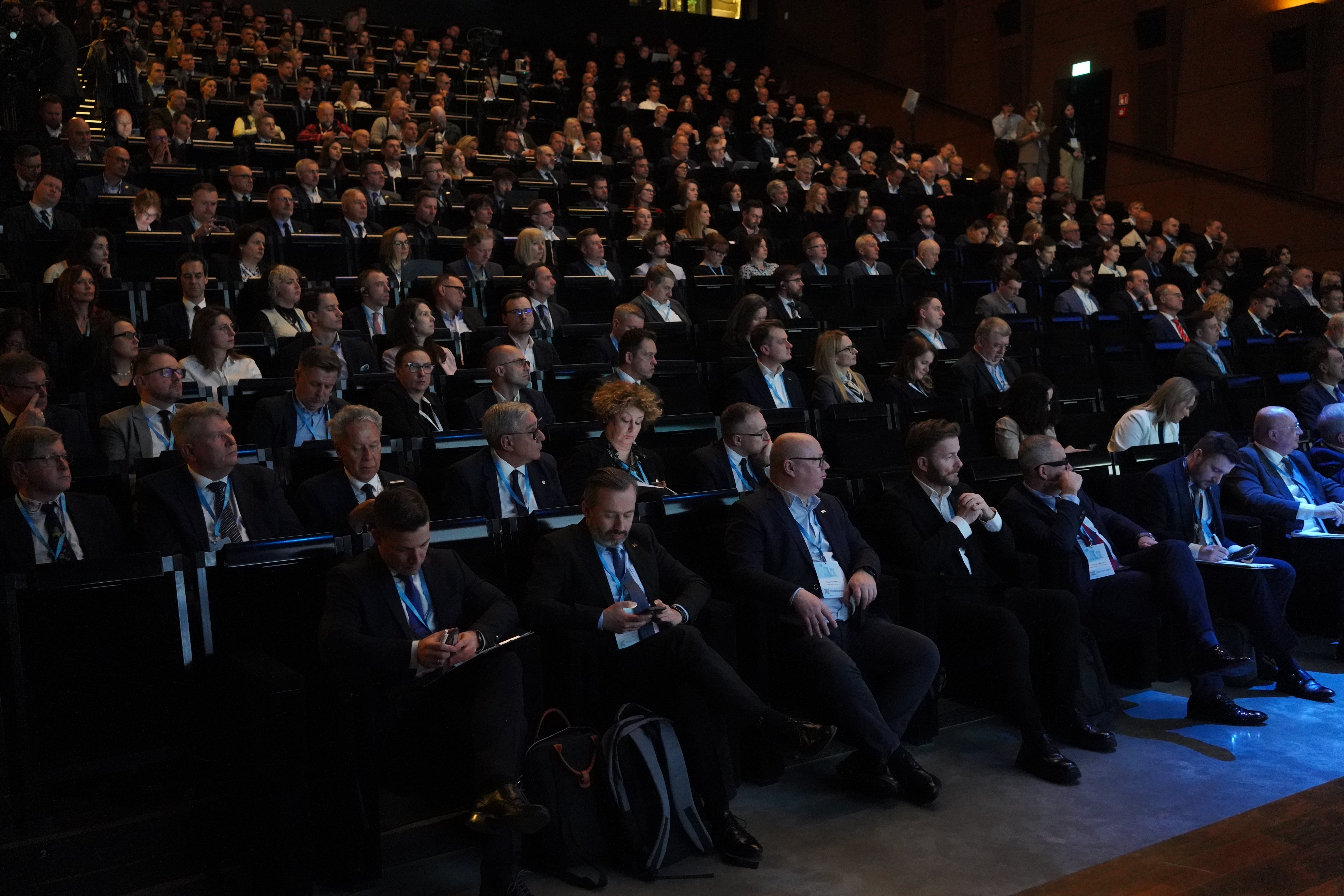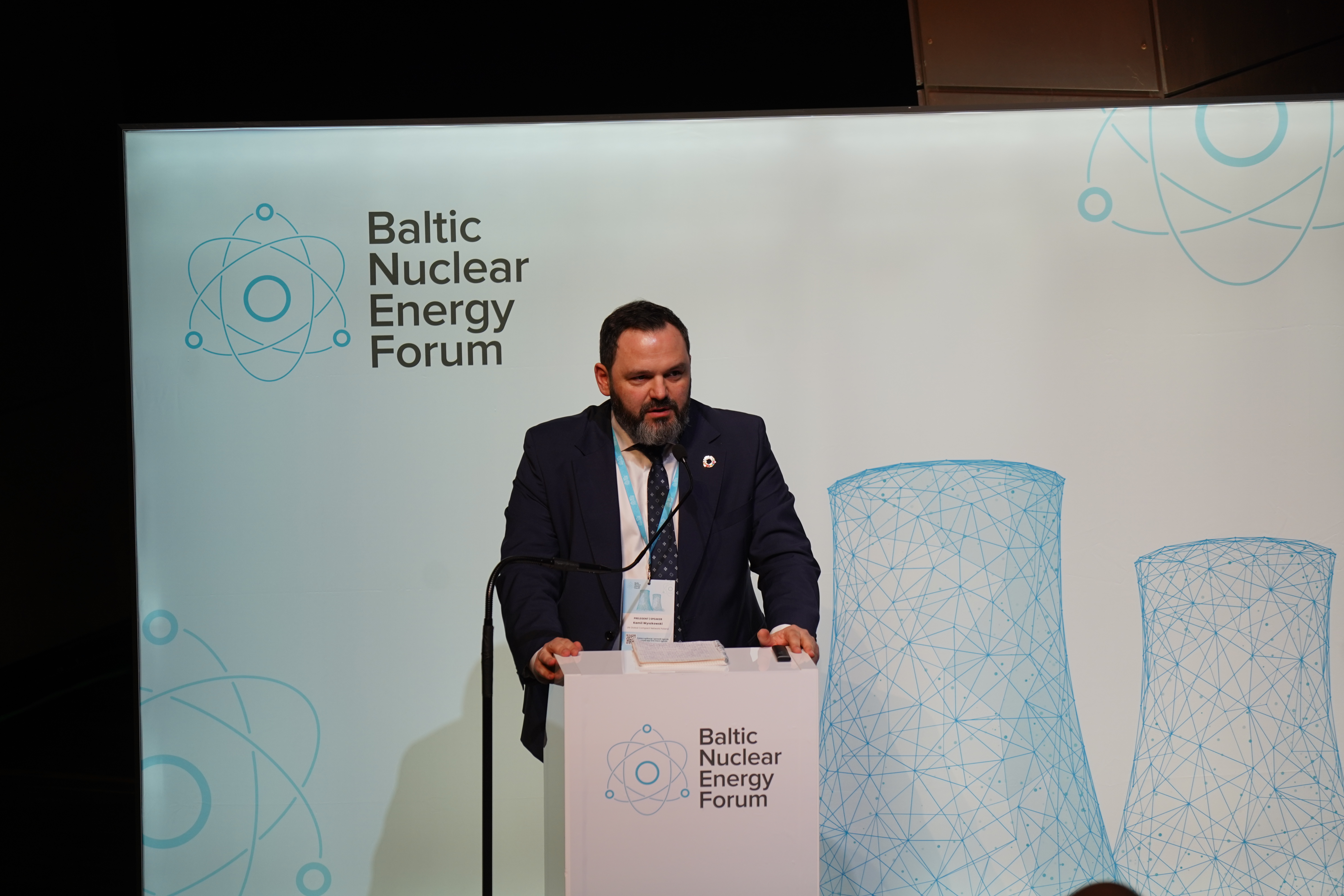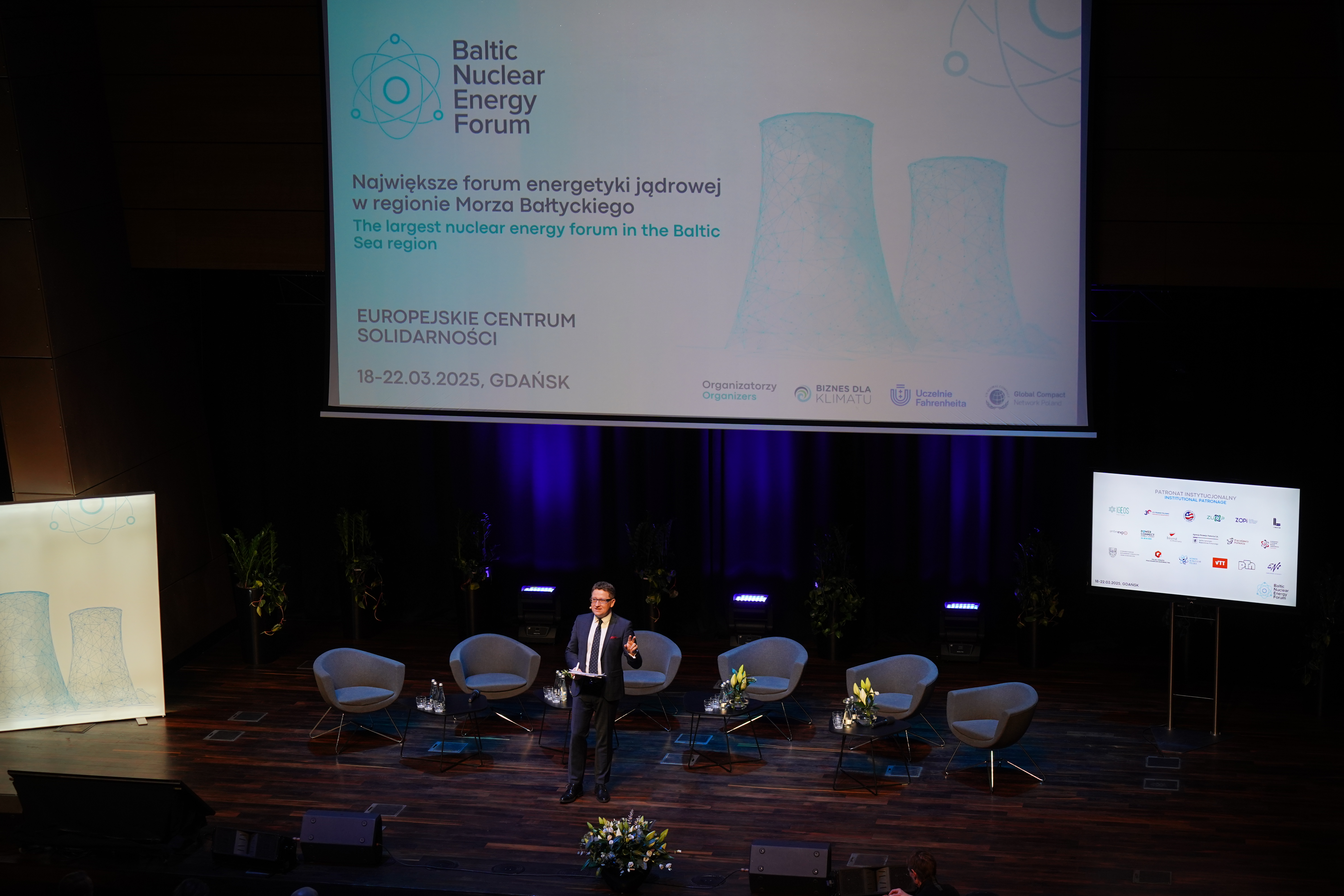Experts on nuclear energy. Baltic Nuclear Energy Forum – the second edition
Gdańsk once again serves as the capital of nuclear energy, as the local government, scientists, entrepreneurs, and media representatives gathered for the second time at a conference dedicated to nuclear energy. The conference programme focused on the use of regional capital to develop nuclear energy, with an emphasis on the role of local content in nuclear projects – aiming to maximise benefits for local communities and economies. This focus is no coincidence, as the first nuclear power plant is set to be built in Pomerania.
Experts noted that it is no longer enough to rely solely on regulations or contracts for building nuclear power plants. Today, we need qualified personnel and a strong local supply chain. We are no longer asking whether nuclear energy will be developed in Poland – we know it will. The challenge now is to do it wisely. And we want Poland to play a key role in the global nuclear market, said Sylwia Molewska, President of the Business for Climate Foundation.
Prof. Piotr Stepnowski, Chairman of the Assembly of the Fahrenheit Universities in Gdańsk, Rector of the University of Gdańsk, talked about the challenges and chances for the region.
The Fahrenheit Universities are ready to take on the challenges of educating specialists for the nuclear energy sector. Our collaboration with the industry also plays a key role, enabling the practical application of knowledge and technology, while also fostering innovation. Through partnerships with energy companies, we are better equipped to prepare our students for future challenges and jointly shape the energy future of our region.

In addition to the Business for Climate Foundation and the Fahrenheit Universities, the event was also organised by UN Global Compact Network Poland.
Nuclear energy, which the UN classifies as clean energy, could serve as an effective replacement for coal, stabilizing the energy grid. Poland must boldly follow this path, which will not only reduce energy costs but also help meet our international commitments, said Kamil Wyszkowski, Executive Director of UN Global Compact Network Poland (UN GCNP). It is crucial that international initiatives take place here in Pomerania, especially given the geopolitical landscape and international threats that make such developments timely.
Before the conference officially began, several key figures took the floor, including Jacek Karnowski, Secretary of State at the Ministry of Funds and Regional Policy, Miłosz Motyka, Undersecretary of State at the Ministry of Climate and Environment, Beata Rutkiewicz, Head of the Pomerania Region, Mieczysław Struk, Governor of the Pomerania Region, and Piotr Kryszewski, Managing Director of Green Gdańsk. Piotr Piela, acting President of Polskie Elektrownie Jądrowe, also spoke about the progress of the nuclear power plant being built in Pomerania. – We are currently continuing geological work, the results of which will allow us to precisely design the foundation for the core of our nuclear power plant, that is three AP1000 reactors, the cooling system, and the power supply system. In spring, in about a month, we are planning to expand this work to cover the entire future plant area – nearly 400 hectares. He emphasised that construction would not begin without a well-developed design ensuring readiness for implementation.
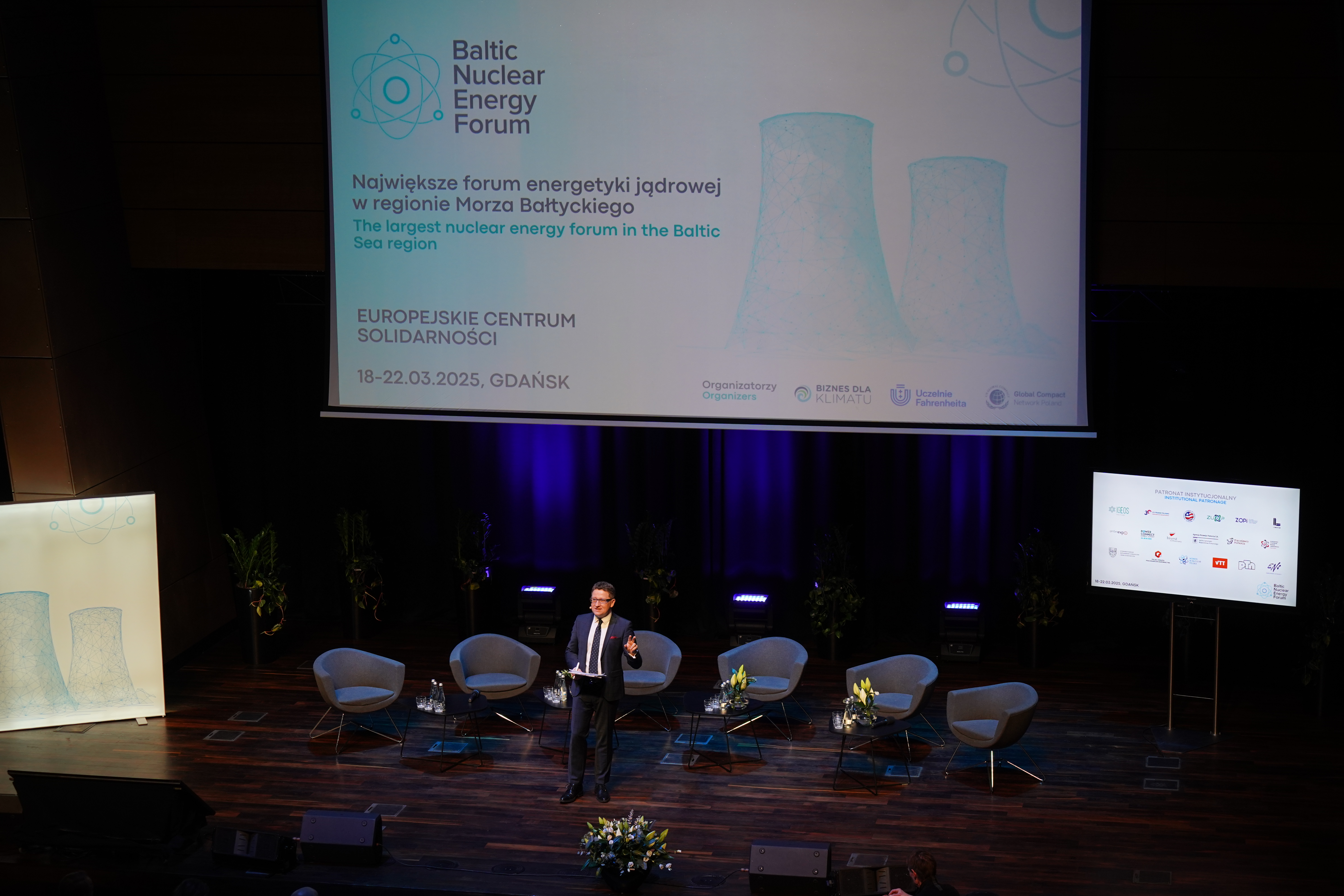
The experts’ opinion
During the forum, experts referred to solutions already implemented globally, as well as strategies for utilising regional capital, and the benefits of local projects. In discussions on the new era of district heating and the long-term vision for nuclear projects, Marcin Jaskólski, Ph.D. Eng., Rector’s Representative for Nuclear Energy at the Gdańsk University of Technology, moderated the session.

In a panel closely tied to the academic community, focusing on the education of staff for the development of the nuclear industry, Marcin Jaskólski, Ph.D. Eng., was joined by Prof. Dagmara Strumińska-Parulska. On the second day of the conference, the representative of the University of Gdańsk also participated in a discussion centred on social acceptance and communication. In the panel addressing dialogue, Prof. Sylwia Mrozowska, Director of the UG Centre for Sustainable Development, also contributed.

Another key issue raised during the event was the impact of nuclear energy on health and the environment. In the panel titled “Nuclear Energy for Health. The Role of Nuclear Technology in Human Health and Life,” experts included Prof. Edyta Szurowska and Prof. Paweł Zagożdżon of the Medical University of Gdańsk, as well as Prof. Marcin Gruchała, Chairman of the Council of the University of Gdańsk and a member of the Assembly of the Fahrenheit Universities.
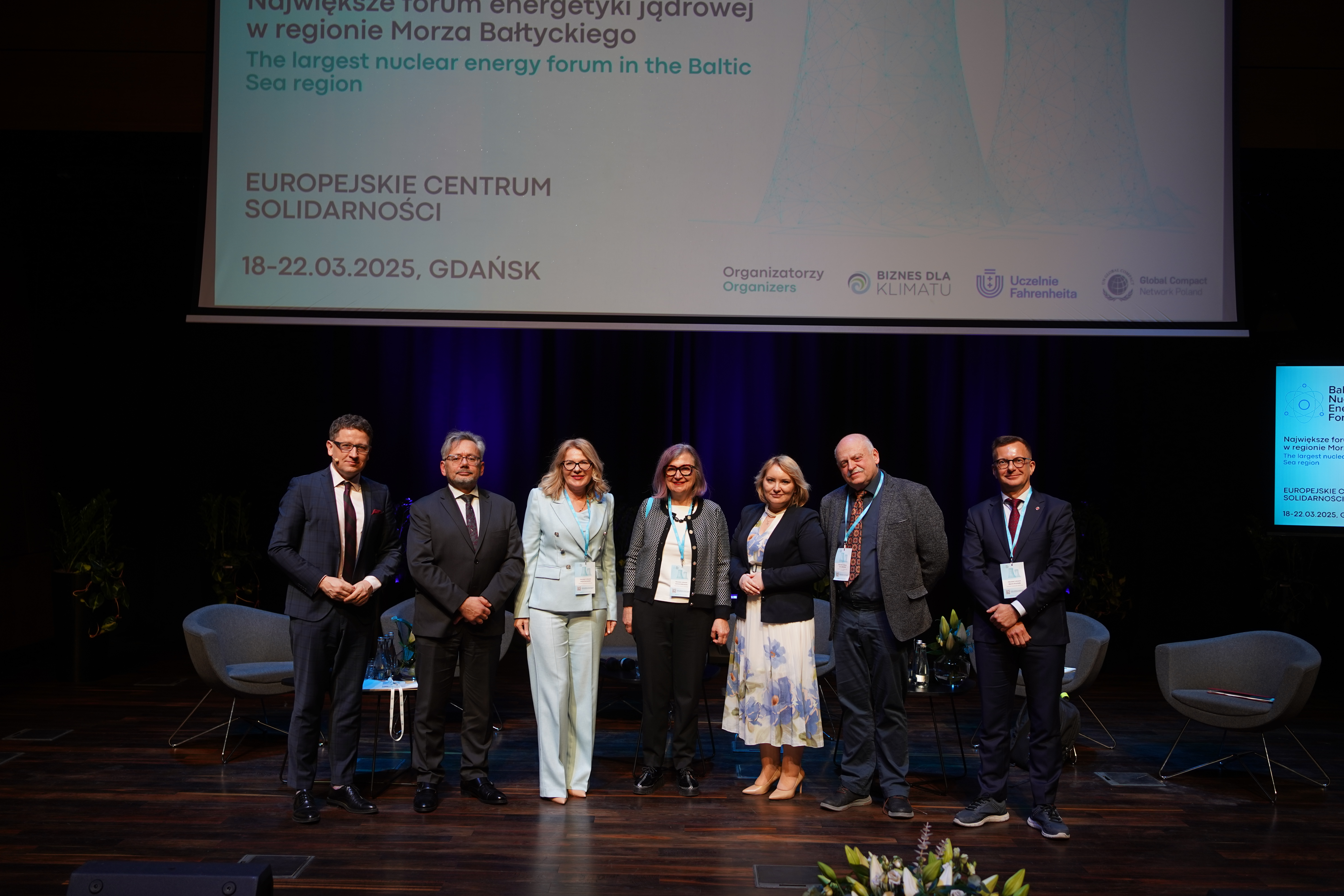
The following days of #BNEF will feature thematic workshop sessions and even a study visit to the Framatome plant in France.
For more information, visit the event’s website: www.bnef.pl
Organisers: Business for Climate Foundation, Fahrenheit Universities, UN Global Compact Network Poland
Photos: Business for Climate Foundation

